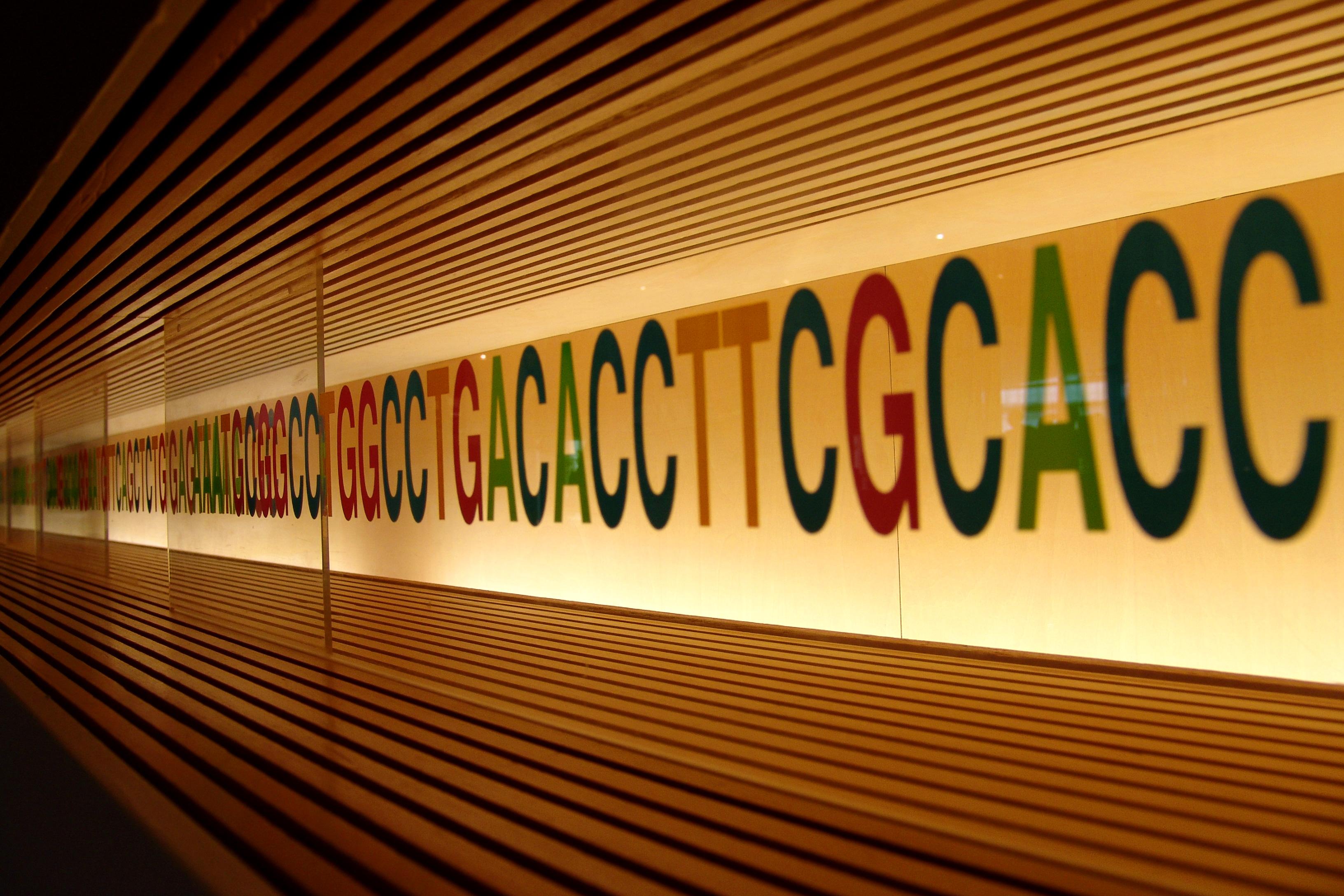BEINGS 2015: Biotech and the Ethical Imagination

In an attempt to reimagine the aspirations of biotechnology, and to develop important questions, the Emory University Center for Ethics organized an international summit. It billed itself as “a gathering of global thought leaders to reach consensus on the direction of biotechnology for the 21st century.”
BEINGS 2015 was the first in a series of such summits, and focused its attention primarily on cellular biotechnology. The summit brought together a distinguished faculty of thought leaders and 200 delegates from 30 countries, drawn from visionary thinkers in the sciences, engineering, policymaking and government, industry, law, philosophy, religion, the humanities, and the arts.
Goals of the conference included:
- To establish an aspirational vision for the highest and most desirable uses of new cellular biotechnologies.
- To reach consensus on reasonable guidelines for cellular biotechnologies such as synthetic biology and stem cell research, as well as animal and human applications of these biotechnologies.
The guiding questions of the summit were:
-
What should be the goals of biotechnology; is progress itself an ethical aim or obligation? How do we honor the sanctity of life (assuming that “sanctity of life” continues to be a morally useful construct)? What is “human flourishing” insofar as biotechnology can contribute to it?
-
How do we navigate the spectrum of differing perspectives on risk, such as those that take a more precautionary, risk-aversive approach to those that privilege provable harm approaches?
-
How do we protect vulnerable populations, honor global cultural differences, and respect and include diverse opinions?
-
Who should ultimately regulate technologies (e.g., government, private sector, self-regulation)?
-
How do we assure fairness, justice, and global sharing of the fruits of modern biotechnology?
Marcy Darnovsky was a “delegate.” She wrote a reflection of the conference on Biopolitical Times, and contributed commentary with colleagues for The Guardian.
From this summit, a statement of principles was published in Nature Biotechnlogy, entitled "Ethical principles for the use of human cellular biotechnologies."
Image via Flickr



